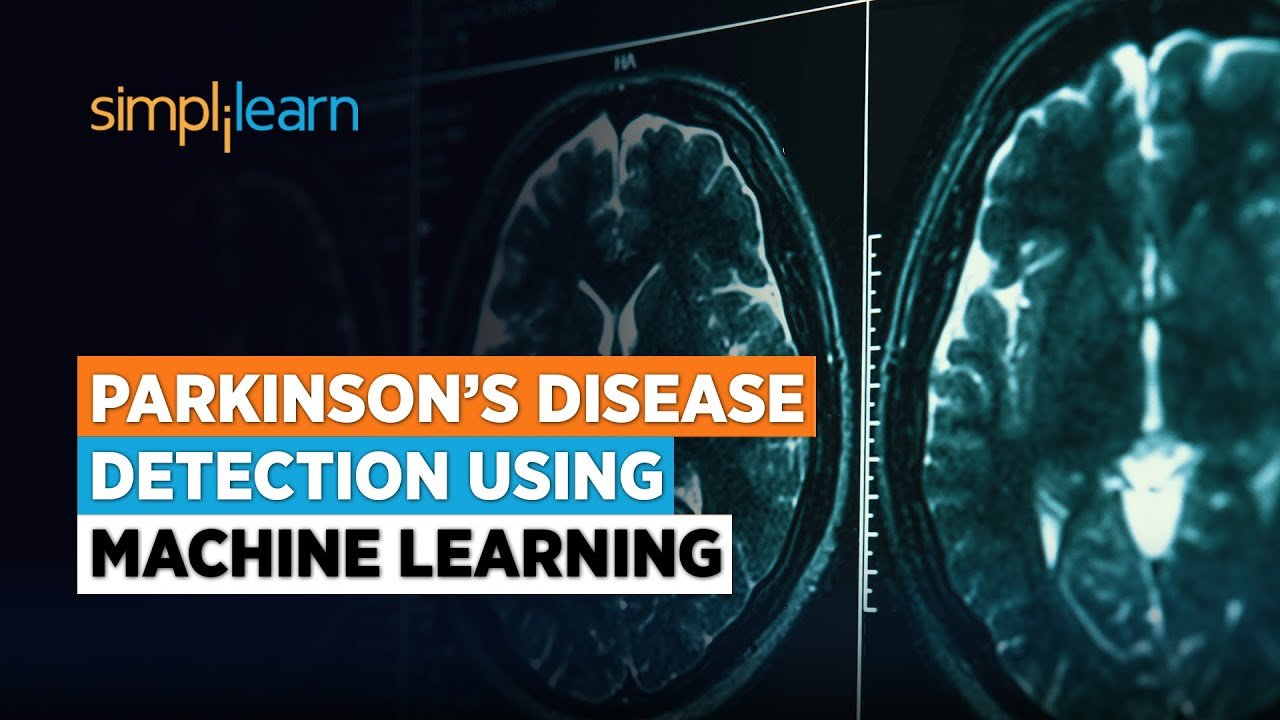Quick Summary
A collaborative research effort between the University of Canberra and Kuwait College of Science and Technology has led to a significant advancement in the detection of Parkinson’s disease. This innovative approach utilizes brain response analysis to emotional stimuli, achieving nearly perfect accuracy in identifying the condition.
Key Findings
- The study offers an objective diagnostic method for Parkinson’s disease, moving away from traditional reliance on clinical assessments and patient self-reports.
- Researchers achieved an F1 score of 0.97 or higher, indicating diagnostic accuracy close to 100% based solely on brain scan data.
- Parkinson’s patients exhibited distinct emotional perception patterns, showing a better understanding of emotional intensity rather than the nature of the emotions themselves.
Research Methodology
- The study involved 20 Parkinson’s patients and 20 healthy controls, who were shown video clips and images designed to elicit emotional responses.
- Electroencephalography (EEG) was used to record brain activity, which was then analyzed using machine learning techniques, including convolutional neural networks, to identify emotional processing patterns.
- Key EEG descriptors included spectral power vectors and common spatial patterns, which helped differentiate between the two groups effectively.
Implications for Clinical Practice
- This research highlights the potential for emotional brain monitoring to become a standard clinical tool for diagnosing Parkinson’s disease.
- The integration of neurotechnology, artificial intelligence, and affective computing could lead to more objective assessments of neurological health.
Future Directions
- Researchers aim to refine EEG-based techniques further to enhance diagnostic accuracy and applicability in clinical settings.
- Continued exploration of the relationship between emotional cognition and neurological disorders may yield additional insights into treatment options.
Source
- Ravikiran Parameshwara et al., “Exploring Electroencephalography-Based Affective Analysis and Detection of Parkinson’s Disease,” Intelligent Computing, 2024.
